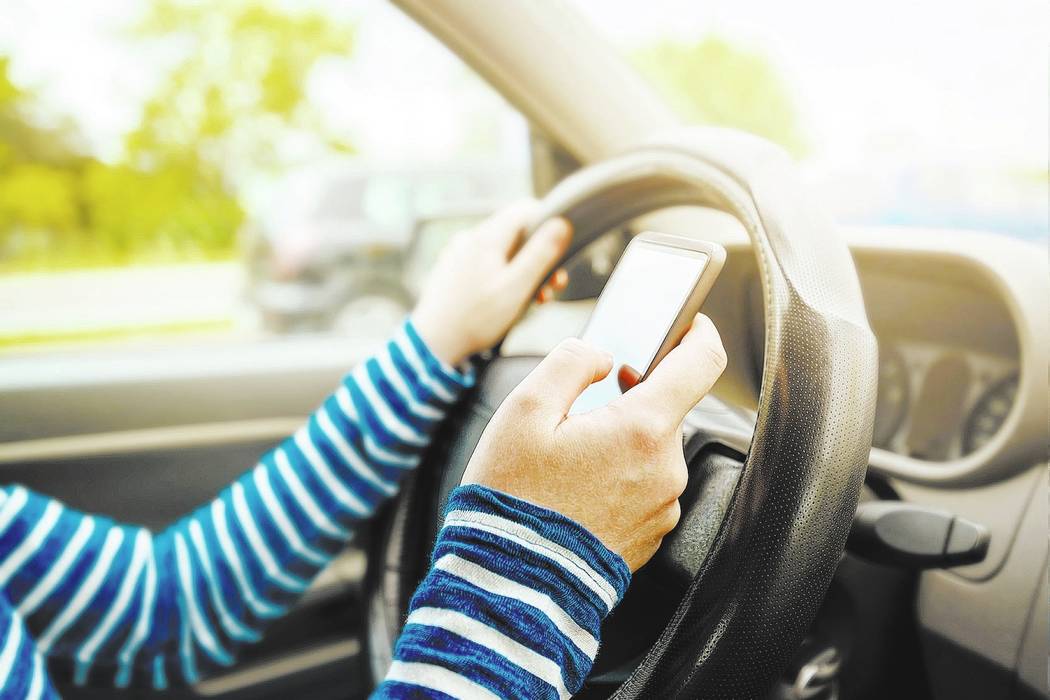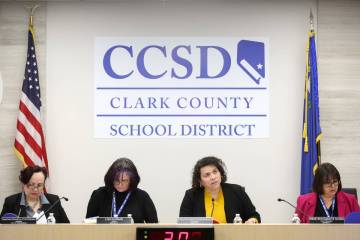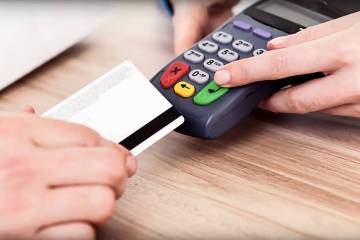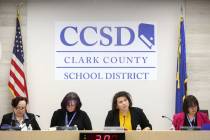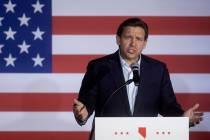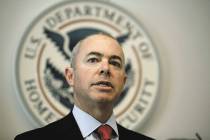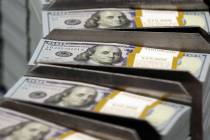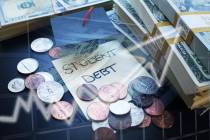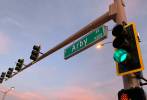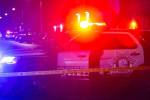EDITORIAL: Professor seeks to combat distracted driving
After seeing nearly four decades of declining traffic deaths, the United States experienced its largest annual percentage increase in highway deaths in half a century in 2015.
The culprit is obvious: The increasing use of electronic devices while behind the wheel.
This tragic trend has continued over the past couple of years. But now, a Harvard professor has an idea that might just cause more Americans to pay serious attention to the deadly epidemic of distracted driving.
According to the National Highway Traffic Safety Administration, distracted driving killed 3,477 people in 2015, and that trend has continued in the couple of years since. But the Harvard professor who introduced the country to the concept of designated drivers to counteract drunken driving says the same strategy can be used to combat distracted ones.
As the Associated Press reported last week, Jay Winsten, director of the Center for Health Communication at Harvard’s School of Public Health, is working with federal and Massachusetts officials to develop a new public messaging campaign targeting drivers distracted by cellphones and other electronics.
While Americans are aware of the risks of distracted driving, Mr. Winsten told the wire service that “all efforts to date to tackle distracted driving have utterly failed.” He cites surveys that show that many drivers have an unrealistic view of their own ability to “multitask and handle the problem.” This paradox is similar to the scores of drivers who think they can safely get behind the wheel after having a few drinks.
But the promotion of the idea of a designated driver helped to counteract a surge of drunken driving fatalities in the 1980s, and Mr. Winsten says the promotion of a designated, non-distracted driver — along with tough laws, new technology and education — can have a similar effect.
The designated driver “promoted a new social norm, a social expectation that the driver doesn’t drink,” Mr. Winsten told the AP. “It brought social legitimacy to the non-drinking role.”
As the AP notes, news coverage, public service announcements, TV shows and movies have helped to spread the concept of the designated driver over the years. After awhile, the social stigma associated with asking for a ride because you were planning to drink began to wane.
Today, most adults report having either been a designated driver or getting a ride from one — or both. Soon, Mr. Winsten hopes, the idea will extend to those who would otherwise be impaired by their electronics.
Mr. Winsten’s idea makes a lot of sense.



